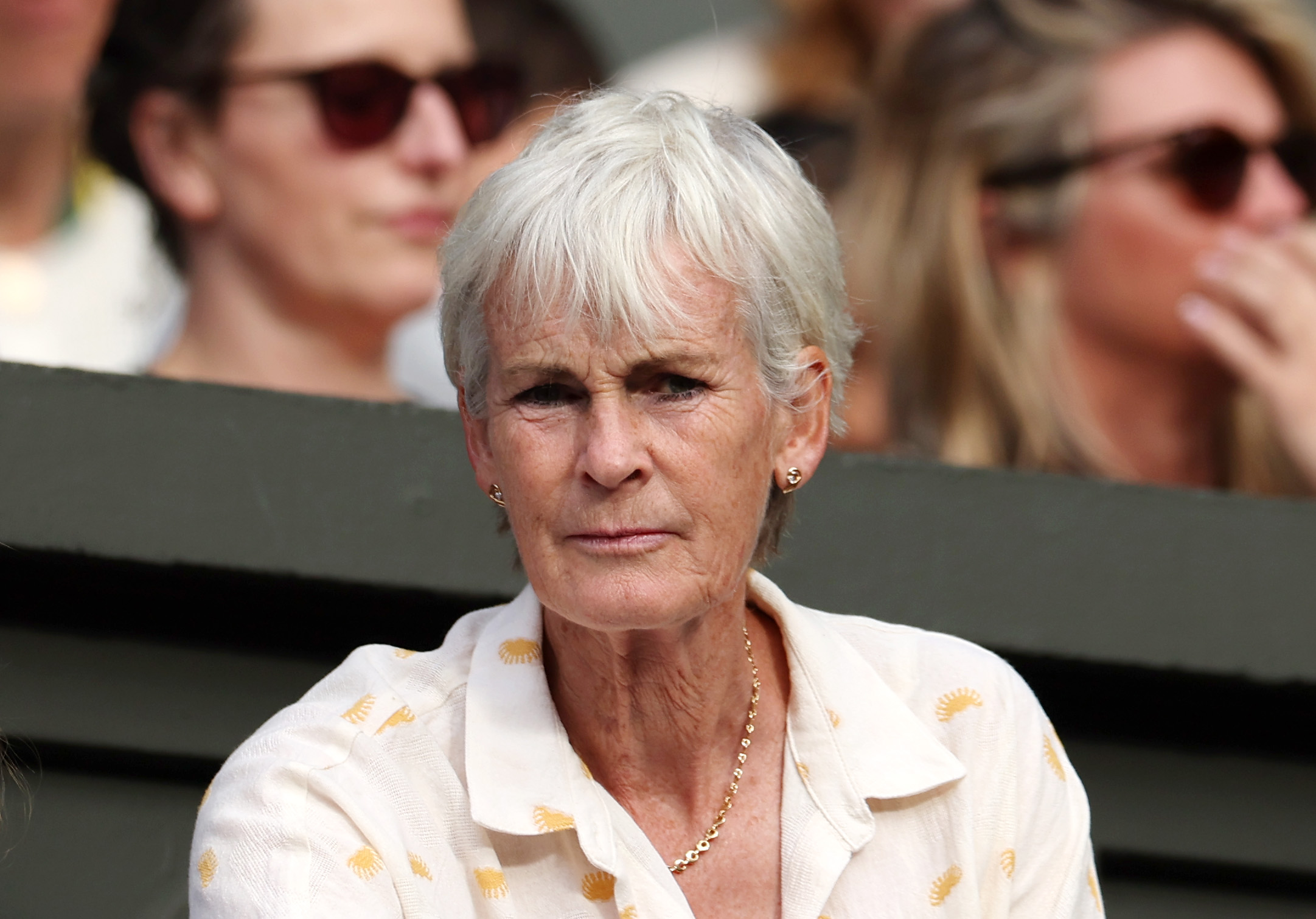
Introduction
Judy Murray, a prominent figure in the world of tennis, has made significant contributions both as a coach and an advocate for women’s sports. Beyond her role as the mother to tennis stars Andy and Jamie Murray, Judy has dedicated her life to promoting the game, improving coaching standards, and increasing participation among young players, especially girls. Her influence in shaping the future of British tennis cannot be overstated, making her an important personality in the sports community.
Main Contributions
Judy’s journey in tennis began in her childhood, growing up in Bridge of Allan, Scotland. Her passion for the sport was evident early on, and she took up coaching as a vocation, becoming the first female captain of the Great Britain Fed Cup team in 2011. She has consistently pushed for recognition of women in coaching roles, striving for gender parity in sports.
In 2012, Judy launched the ‘Miss-Hits’ programme, aimed at empowering girls between 5-8 years old to engage with tennis in a fun and supportive environment. This initiative has been pivotal in breaking down barriers for young girls in sports, fostering a new generation of players who might not have otherwise picked up a racket.
Moreover, Judy has been an outspoken advocate for mental health awareness in sports and has worked closely with various charities to raise funds and awareness. Her recent collaboration with the mental health charity, ‘Head Above Water’, highlights her commitment to ensuring players understand the importance of mental well-being to complement their physical training.
Recent Developments
In 2023, Judy Murray continued her advocacy efforts by launching a new coaching scholarship designed to support young female coaches in their professional development. This initiative has garnered attention and support from various corners of the tennis community and is expected to contribute to more equitable access to coaching opportunities for women in sports.
Additionally, she has been actively involved in discussions about inclusivity in tennis, emphasising that broader access to facilities and resources must be available to underrepresented groups in sports.
Conclusion
Judy Murray’s contributions to tennis transcend her familial ties to the game. She has emerged as a formidable coach, a passionate advocate for women in sports, and a key figure promoting mental health awareness. As she continues to mentor the next generation, her initiatives demonstrate a strong commitment to equality and inclusivity. The future of tennis in the UK looks promising, especially with advocates like Judy inspiring aspiring players and coaches alike. It is clear that her legacy will resonate within the sport for years to come.
You may also like

Jack Willis: The Rising Star of English Rugby

The Rise of Harvey Elliott in Football

The Journey of Tim Seifert: A Cricket Sensation
SEARCH
LAST NEWS
- Remembering Wendy Richard: The Promise to Co-Star Natalie Cassidy
- How Did Anglian Water Achieve an ‘Essentials’ Rating for Mental Health Accessibility?
- Shai Hope Leads West Indies in T20 World Cup Clash Against South Africa
- What We Know About Weston McKennie: Future at Juventus and Past at Leeds
- What We Know About the Upcoming Live Nation Antitrust Trial